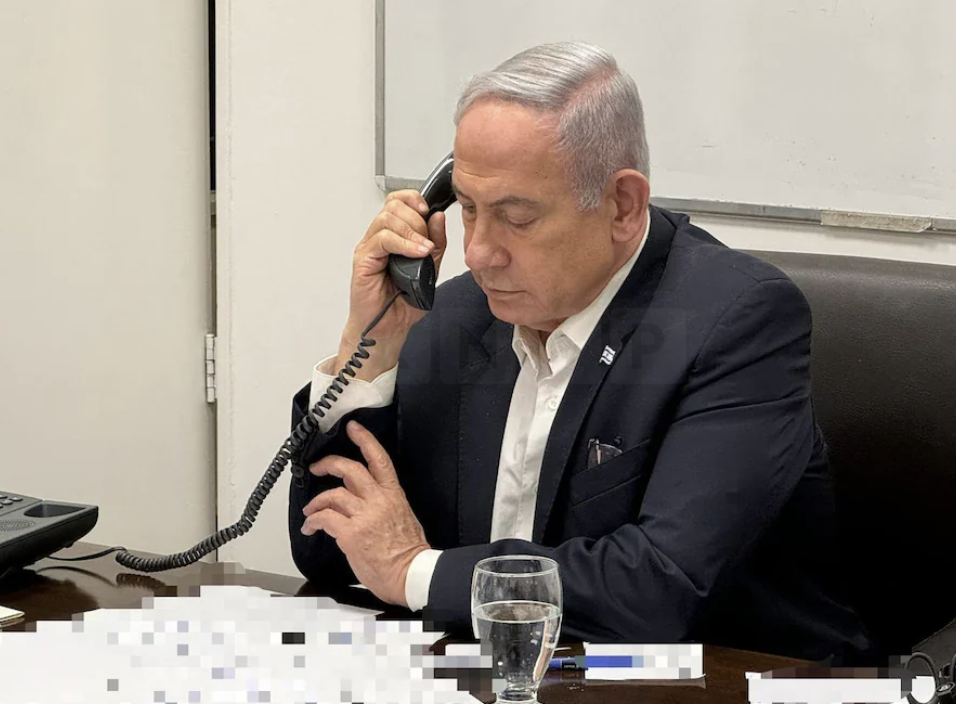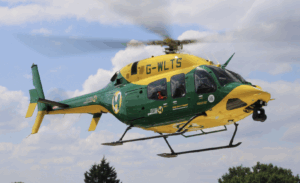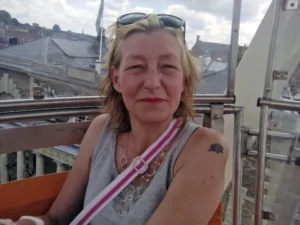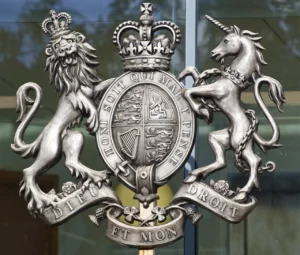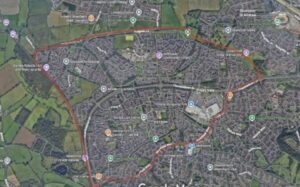Prime Minister Benjamin Netanyahu has announced that Israel is “prepared for a very intense operation” along its border with Lebanon. The declaration comes amid escalating violence between Israeli forces and Hezbollah fighters, with nearly daily exchanges of fire over the past eight months now reaching a critical juncture.
During a visit to the volatile border area, Netanyahu vowed to restore security to Israel’s northern regions. “We are prepared for a very intense operation in the north. One way or another, we will restore security to the north,” he stated.
Hezbollah, the Lebanese militant group and Hamas ally, responded by launching several attacks on Israeli positions. Notably, they claimed a guided missile strike targeted an Iron Dome air defence system stationed at the Ramot Naftali barracks. The Iron Dome is integral to Israel’s defence strategy, intercepting incoming rockets and missiles.
In recent weeks, Israel has intensified its targeting of Hezbollah members and allied fighters in Lebanon, striking deeper into Lebanese territory. This uptick in military actions has raised fears of a broader conflict erupting between the heavily armed adversaries.
National Security Minister Itamar Ben-Gvir and Finance Minister Bezalel Smotrich, both key figures in Netanyahu’s far-right coalition, have called for decisive military actions. Ben-Gvir, in a fervent Telegram post on Tuesday, demanded a comprehensive offensive: “They burn us here, all Hezbollah strongholds should also burn and be destroyed. WAR!” Similarly, Smotrich advocated for a security buffer extending into southern Lebanon, which would entail a ground invasion and the displacement of Hezbollah forces and civilians beyond the Litani River.
Israeli Chief of the General Staff Herzi Halevi echoed these sentiments, indicating the military’s readiness to escalate operations. “We are prepared after a very good process of training up to the level of a General Staff exercise to move to an offensive in the north,” Halevi said in a recorded statement, underscoring the gravity of the situation by noting, “We are approaching a decision point.”
The conflict has already inflicted substantial casualties. Israeli airstrikes have hit southern Lebanon and the Bekaa Valley near the Syrian border, resulting in approximately 300 Hezbollah members and 80 civilians killed since October 7. On the Israeli side, 18 soldiers and 10 civilians have been reported dead due to strikes from Lebanon.
The current hostilities mark the most severe clash between Israel and Hezbollah since their war in 2006, displacing tens of thousands of residents on both sides of the border. With both nations seemingly on the brink of a wider war, the international community watches closely, hoping for a de-escalation in the region where, as one analyst put it, “many actors are no longer rational.”

